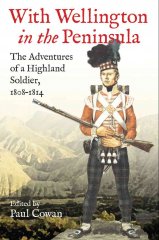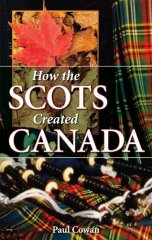Scots troops were to the forefront during the famous Christmas Truce in 1914 when British and German troops even swapped gifts and played football. The Germans of the Royal Saxon Regiment quickly learned what a true Scotsman wears under his kilt when they took on the 4th Seaforth Highlanders at football. There are several accounts of football matches which name different British units as being involved but strangely they all seem to agree that the Germans won 3-2.
The 5th Scottish Rifles were amazed to see the Germans emerging from their trenches pushing a barrel of beer ahead of them after first serenading the Scots with Christmas carols. All along the front line, despite specific orders from British High Command that there was to be no Christmas Ceasefire, British and German troops exchanged chocolate, booze, cigars, cheroots and cigarettes. All along the line where the truce was observed Germans who spoke good English, often picked up as waiters working in places such as Glasgow or members of German bands on the Clyde steamers, were to be found. The truce also offered the chance to collect some of the dead or still living wounded from No-man’s Land. The British commanders were, at least officially, disgusted by the demonstrations of human fellow feeling for those stranded in the squalor of the trenches at Christmas time and took time off from their own festive feasting to demand the names of officers who had allowed their men to fraternize with the enemy. A number of the British troops who took part in the unofficial ceasefire may have been veterans of the Boer War (1899-1902) in South Africa: one of the few times since Waterloo they had faced "white men" as opponents. The Boers, descendants of Dutch settlers, often called a halt to hostilities for Christmas.
Only about half the troops on the British front line took part in the truce and elsewhere there were 81 casualties.




